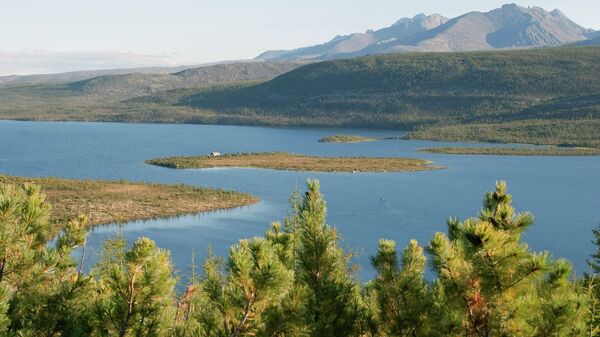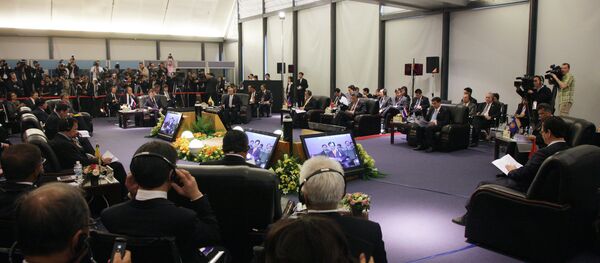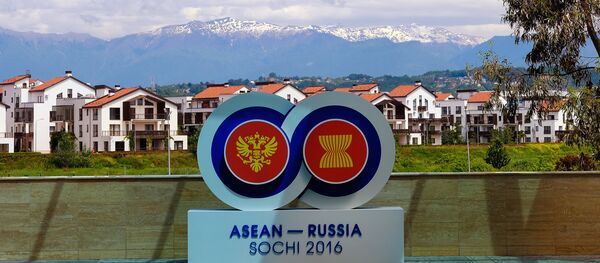Denis Bolotsky — With its palm trees, azaleas and exotic clerodendrum plants, Sochi resembles a South-East Asian resort, and for many visitors of the ASEAN-Russia business forum, the city on the Russian Black Sea coast does feel like home, except, maybe, for the air temperature, which is +17C now.
Thailand is one of the original ASEAN members. Along with Indonesia, Malaysia, Singapore and Philippines, the Kingdom of Thailand was among the “founding fathers” of the organization when it was created in 1974.
“I think it’s about time Russia introduced many interesting spots in Siberia for tourism, and the new route, especially for cargo and shipments through the Far East of Russia would cut transit time by over 40 percent which would be good for trade between Russia and Thailand.”

According to Russia’s Foreign Ministry and the Bank of Russia, the accumulated volume of Thai investments in the Russian economy at the end of 2013 was around $68 million. And even though in 2015 there’s been a noticeable decline in bilateral trade, caused in part by the devaluation of the ruble, both sides are working hard on new ventures. Among the projects currently in the works is the creation of a Russian industrial cluster in Thailand. It will focus on production in agriculture, industrial components, and hi-tech equipment.
Isara Vongkusolkit, chairman of the Thai chamber of commerce, told Sputnik that there’s been a positive shift recently in the way Thai entrepreneurs see Russia:
“In the business community we are really impressed by how Russia’s attitude towards businesses has been changing and [it’s] very friendly, we feel safe.”
According to many attendees, Russia’s investments and trade with ASEAN member states is yet to reach its full potential. Gilles Alfandari, a macroeconomist with 20 years of experience and an adviser to World Bank Group, said in an interview to Sputnik that the ASEAN-Russia business forum is a good opportunity for Russian entrepreneurs to adjust their current strategies.

“[It] is a good chance for Russian companies to see the investment plan of Asian countries, look at the priorities and gaps. So I think it was very productive. We had an excellent audience, people were focused, and what I really appreciated was the diversity of the sectors involved… we spoke about trade facilitation, we spoke about a platform for SMEs, so overall, [it’s] a whole range of sectors which are very important to diversify Russian economy, and where is very strong demand for investment and for trade with ASEAN countries.”
The initial ties between Russia and ASEAN were made in 1991 when Malaysia invited the country’s representatives to attend an ASEAN ministerial meeting. In 1996 Russia received full ASEAN Dialogue Partner status.



